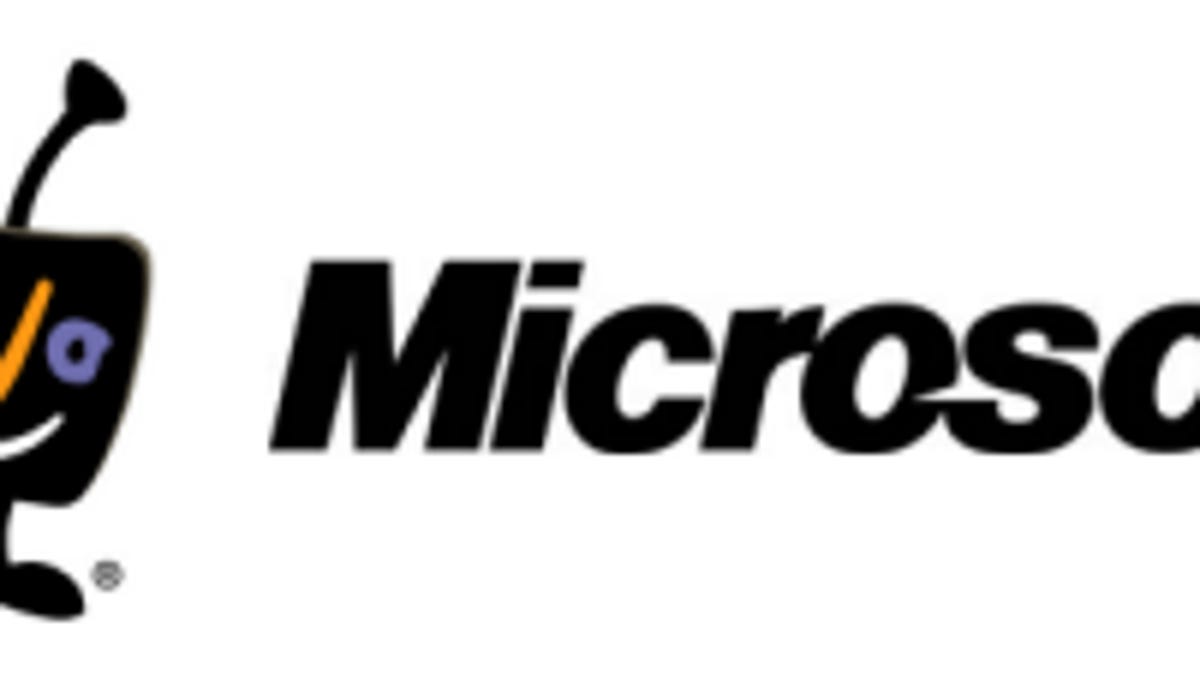All that for nothing: Microsoft, TiVo dismiss patent lawsuits
The companies have simply decided to walk away from their suits, with no patent licenses awarded, according to a regulatory filing.

Although it once seemed like Microsoft and TiVo could never come to terms, the companies have decided to walk away from all their lawsuits and pretend like they never happened.
TiVo today filed a regulatory statement with the Securities and Exchange Commission, saying that it has reached an agreement with Microsoft to dismiss all pending patent litigation against its operation. In addition, TiVo has agreed to drop its counterclaim against Microsoft.
In early 2010, Microsoft sued TiVo, claiming the DVR company was violating patents it holds related to video purchasing and delivery. The move was designed to defend AT&T, a Microsoft video partner and a company TiVo sued in 2009 for allegedly using its "time-warping" technology.
Microsoft followed up that suit last year with a complaint to the U.S. International Trade Commission, requesting the organization ban TiVos from sale in the U.S. Microsoft said at the time that it tried to negotiate a licensing deal with TiVo, but those attempts failed, prompting its ITC complaint.
Meanwhile, TiVo was on a lawsuit spree, taking aim at a host of companies, including Microsoft, over claims that the firms violated many of its patents. And while many companies fell in court to TiVo's pressure, it seemed that the legal wranglings with Microsoft were secondary. Today's announcement appears to corroborate that.
It's not clear why TiVo and Microsoft dropped their lawsuits, but considering the software giant got into the fray to protect AT&T, it might have something to do with the deal the carrier struck with TiVo earlier this year. In January, AT&T announced that it had agreed to pay TiVo at least $215 million to settle its patent-infringement case.
Licensing has become a key component in TiVo's business. In fact, last year, it finally ended a seven-year-old case against Dish Network and EchoStar that saw TiVo net $500 million. The strength of the company's patents has caught the attention of shareholders, who have pushed TiVo's stock up nearly 36 percent in the last year to $11.82.

